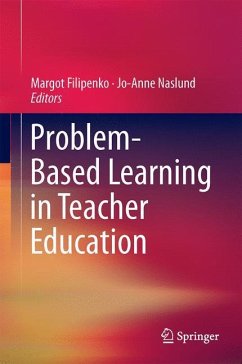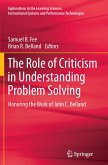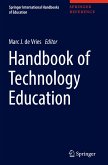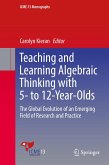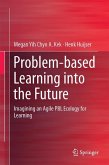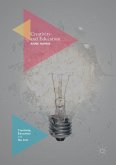This book offers readers a comprehensive understanding of problem-based learning (PBL) in teacher education. Featuring the perspectives of experienced teacher educators, it details the strengths of problem-based learning pedagogy as well as identifies continuing challenges and future possibilities.
The book explains the goals, content, processes and strategies of a successful and longstanding problem-based learning teacher education program at the University of British Columbia. It features contributions from tutors, faculty, school administrators, faculty advisors, school advisors, librarians and pre-service teachers who share their perspectives about problem-based learning as a robust and exciting approach for teaching and learning.
Overall, the contributors to the book discuss the history of the program, its implementation and future directions. In the process, readers discover the ways that problem-based learning has succeeded in preparing educators to teach diverse learners and acquire the professional dispositions necessary for teaching in today's multilingual/multicultural classrooms.
The book explains the goals, content, processes and strategies of a successful and longstanding problem-based learning teacher education program at the University of British Columbia. It features contributions from tutors, faculty, school administrators, faculty advisors, school advisors, librarians and pre-service teachers who share their perspectives about problem-based learning as a robust and exciting approach for teaching and learning.
Overall, the contributors to the book discuss the history of the program, its implementation and future directions. In the process, readers discover the ways that problem-based learning has succeeded in preparing educators to teach diverse learners and acquire the professional dispositions necessary for teaching in today's multilingual/multicultural classrooms.

